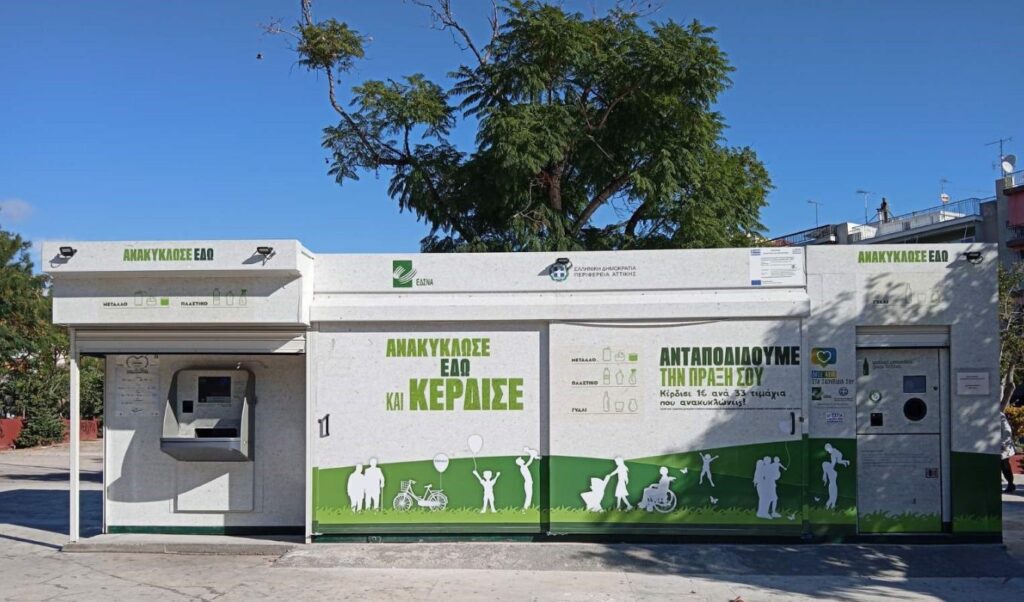At a critical juncture for recycling in Greece, two decisive rulings confirm the legality and effectiveness of Recycling Centers chosen by municipalities and Solid Waste Management Bodies (SWMBs). As revealed by Kyriakitiki Apogeumatini, both the final report of the Fiscal Control Committee (EDEL) and decision 1345/2024 of the Court of Audit Plenary, vindicate the strategic choice for these advanced infrastructures.
Confirmation of legality and effectiveness
Against the backdrop of continued threats of fines from the European Commission for low recycling performance – as highlighted in official document SWD (2025) 311/7.7.2025 – the new final EDEL report (133315ΕΞ2025ΕΜΠ/25.7.2025) restores the truth about the implementation of tenders by three SWMBs and confirms that all required procedures were followed.
The same report lifts previous findings regarding insufficient budget documentation and non-transparent technical specifications, which are no longer valid. As characteristically noted, any observations are deemed non-substantial.
ESPA and project implementation
The three SWMBs utilized ESPA resources to create recycling infrastructure, entering into programmatic contracts with their member municipalities. Among them is EDSNA, which implemented ten different projects with a total budget exceeding €90 million (plus VAT), through international open tenders on ESIDIS.
It’s worth noting – as the newspaper emphasizes – that Recycling Centers are the only ones among the ten selected technologies that presented measurable results, with declared collected quantities of recyclable materials in 2023 and 2024. The other nine declared no collection of even one kilogram.
Shadows around the initial report and Commission pressures
Apogeumatini also reveals significant information about the initial – and now invalid – EDEL report, claiming that two European Commission officials exerted intense pressure to include negative comments without adequate documentation. According to EDEL sources, they even requested the suppression of evidence, such as the financial offer from Norwegian TOMRA SYSTEMS ASA to the Peloponnese SWMB – an offer that was comparable in amount to that of the contracting company.
The same company, despite submitting an offer, was excluded from the tenders due to problems with participation guarantees, while suppressing this fact allowed the distorted presentation that there were “cheaper solutions” – without considering technical differences.
Crucial intervention by the Court of Audit
The Court of Audit’s intervention was of pivotal importance. According to decision 1345/2024 of the Plenary – characterized as irrevocable and having constitutional force – the initial EDEL report is fully rejected, ruling that it violates basic principles of the institutional framework for public contracts. The judicial ruling emphasizes that:
“The budgeted expense price was reasonable, current and consistent with market economic data. Furthermore, the budgeted price is a starting price, without binding character for participants“.
Questions about individuals and companies
Apogeumatini reveals that the new EDEL report was compiled following EU demands, prompted by a file that included complaints about the involvement of two Commission officials – Mr. Carsten Rasmussen and Mr. Georgios Gkikas. Both, according to the newspaper, were immediately moved from their positions.
The report previews further investigation into TOMRA SYSTEMS ASA’s activities in the Greek market, as well as competition practices in the recycling sector.




